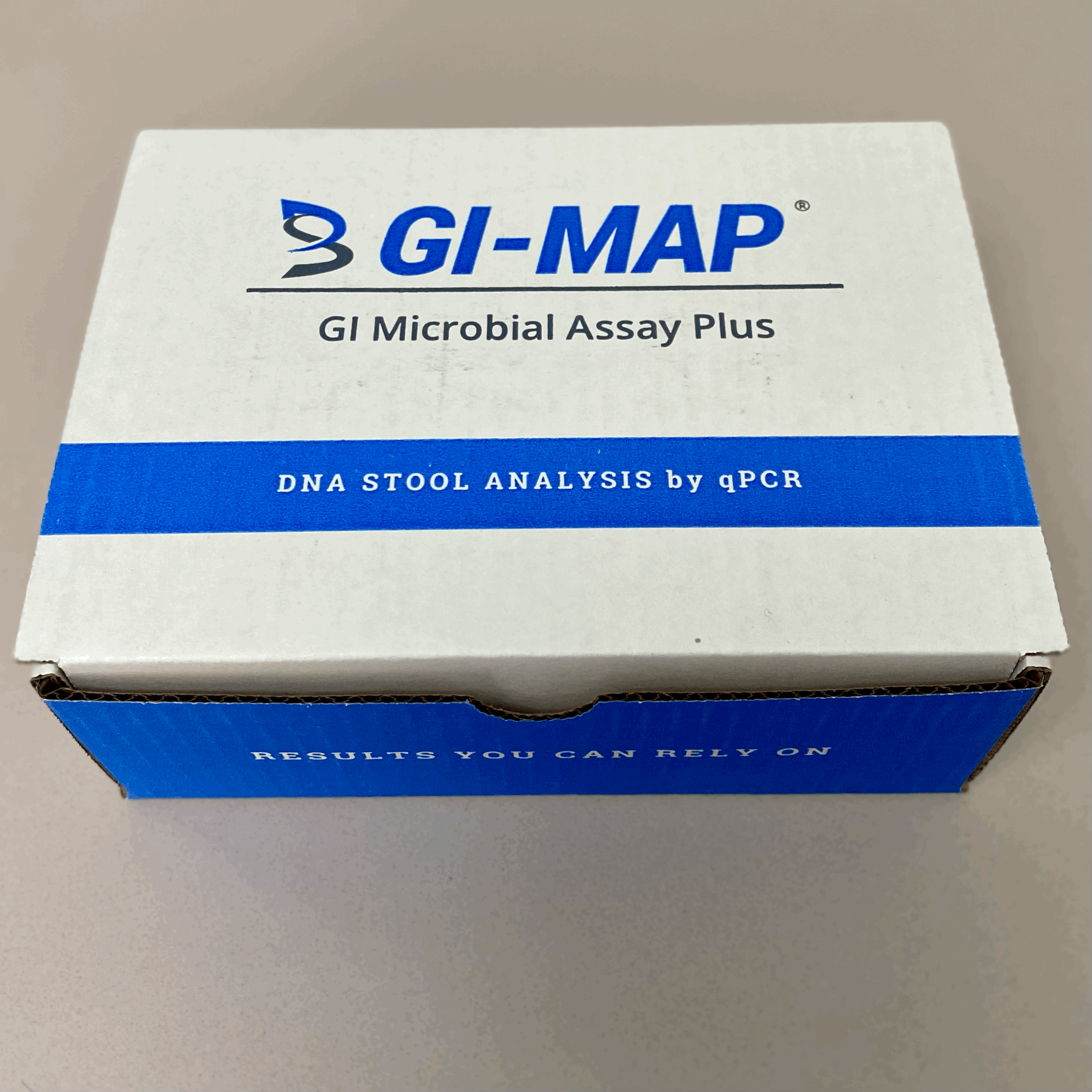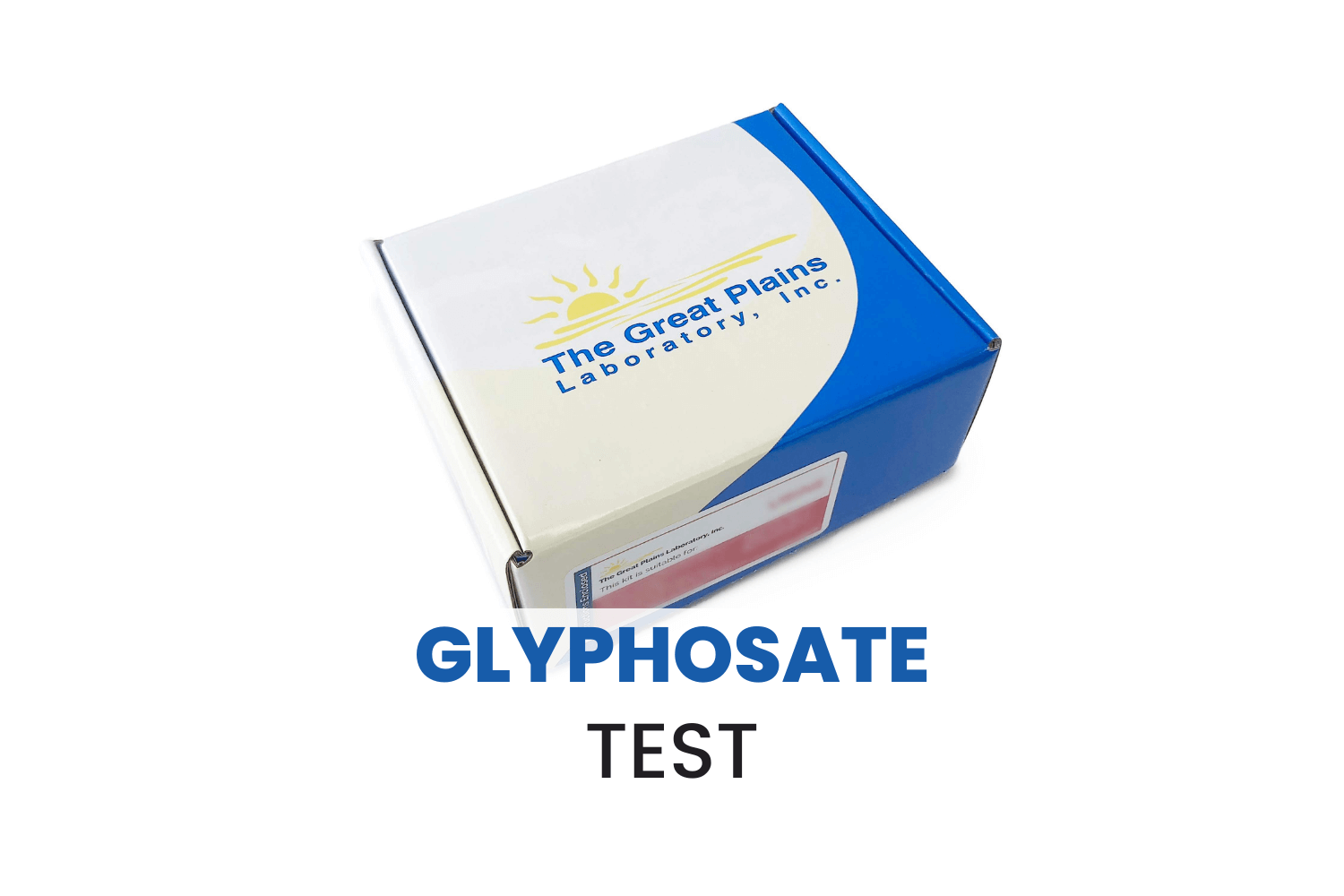DUTCH Plus®


DUTCH Plus®
The DUTCH Plus® takes hormone testing to a whole new level. In addition to sex hormones and their metabolites, the DUTCH Complete™ looks at the overall diurnal pattern of free cortisol, and the total and distribution of cortisol metabolites. The DUTCH Plus®adds the Cortisol Awakening Response (CAR) to bring another important piece of the HPA-axis into focus.
This is an at-home hormone test: once purchased, the kit will be shipped to the address provided.
Shipping costs are included in the product price.
Cannot ship to NY, NJ, RI, or Internationally.
Why DUTCH Plus®?
The DUTCH Plus® offers an evaluation of the Cortisol Awakening response (CAR) by measuring salivary cortisol upon waking and then again 30 and 60 minutes later (additional measurements are made around dinner and bedtime). Research has shown that this post-waking increase in cortisol (the CAR) is the best way to assess an individual’s stress response and HPA-axis function.
What’s Included in the DUTCH Plus®?
The DUTCH Plus® uses four dried urine samples and five saliva samples.
These samples are collected over the course of one day, from waking to bedtime.
What is the Cortisol Awakening Response and how do we test for it?
When we open our eyes upon waking, cortisol levels naturally begin to rise by an average of 50%. 30 minutes after waking, cortisol levels will still show this sharp increase. By 60 minutes after waking, cortisol levels have peaked and begun to decline. Measuring this rise and fall of cortisol levels at waking can be used as a “mini stress test”. Research shows that the size of this increase correlates with the HPA-axis function, even if the sample measurements are all within range. A quick saturation of saliva swabs upon waking, and at 30 and 60 minutes after waking, provide what is required to assess a patient’s Cortisol Awakening Response.
Why aren’t true Cortisol Awakening Response tests readily available?
A true CAR assessment requires salivary samples to be collected at the moment of waking, and twice more, at 30 minutes after waking and 60 minutes after waking. These specifically timed collections are difficult and impractical with urine and traditional salivary options. The DUTCH Plus® uses specialty, FDA-approved, and patented collection devices called Salivettes™. Salivettes™ are specifically made for testing cortisol when timing needs to be precise and are used in nearly all of the published CAR studies. The small synthetic cotton swab can be quickly saturated with saliva, providing a very fast and simple collection. Unfortunately for labs using saliva to test reproductive hormones, they are not a viable option as the swabs cannot be used when testing progesterone. The DUTCH Plus® offers the most accurate salivary cortisol sampling with Salivette™ collection and analysis using LC-MS/ MS. An unparalleled clinical tool is created when combining salivary cortisol with the extensive urine metabolites from DUTCH.
Shipping Information:
Upon completion of your order, the lab test kit will be shipped directly to you to be completed at home. Once mailed back to the lab via a pre-paid mailer, it generally takes 3-4 weeks for the results to reach the provider. Cannot ship to NY, NJ, RI, or Internationally.
Return Policy:
This product is non-returnable and non-refundable.
What can the DUTCH Plus® tell us that the DUTCH CompleteTM and other adrenal tests cannot?
Even though a patient may have “normal” free cortisol levels throughout the day, that doesn’t always mean everything is functioning properly. The graph below shows two good examples. A blunted or exaggerated CAR can appear, even when single samples return “normal” results. The HPA axis might not be appropriately responding when faced with a stressor, even when cortisol levels are fluctuating nicely throughout the day. The “stress” of waking allows us to test the HPA axis in a way that has been independently correlated to clinical outcomes and cannot be assessed by other cortisol tests on the market.
A low or blunted Cortisol Awakening Response can be a result of an underactive HPA axis, excessive psychological burnout, seasonal affective disorder (SAD), sleep apnea or poor sleep in general, PTSD, chronic fatigue, and/or chronic pain. A decreased CAR has also been associated with systemic hypertension, functional GI diseases, postpartum depression, and autoimmune diseases.
An elevated Cortisol Awakening Response can be a result of an over-reactive HPA axis, ongoing job-related stress (anticipatory stress for the day), glycemic dysregulation, pain (i.e. waking with painful joints or a migraine), and general depression (not SAD). A recent study1 showed that neither the waking nor post-waking cortisol results correlated to Major Depressive Disorder, but the CAR calculation (the change between the first two samples) did. This measurement of the response to waking has independent clinical value showing dysfunction that may be hidden by current testing options.











